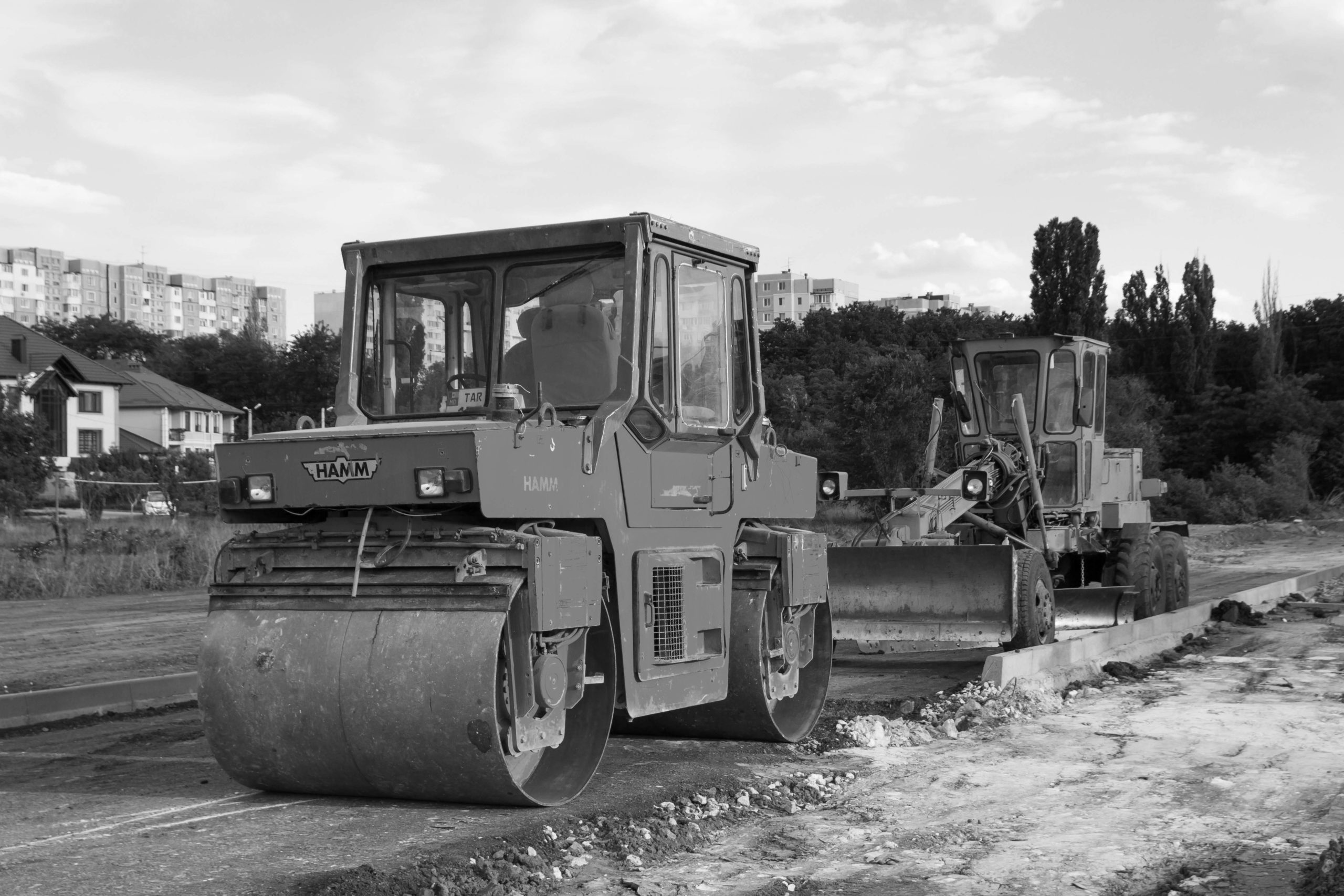Understanding and Protecting Your Rights for Schedule Impacts on an Active Jobsite During a Pandemic
In addition to undertaking on-site mitigation efforts, the coronavirus pandemic presents questions and issues to overcome from a project management perspective. Management staff must remain focused on communicating with their teams, up and down the chain of contracts, and, of course, keep the flow of money going.
Even for projects which continue, ensuring that site personnel work safely and minimize infection risk necessarily slows progress on the site. Accordingly, subcontractors and suppliers, general contractors, and owners should all take a focused approach to studying the status of the project for whether it is on time and on budget independent of any COVID-19 disruptions. For instance, you may receive a response to force majeure / unavoidable delay letters denying extensions on the grounds that the project was already delayed, and that any further delays were the result of the pre-existing delay. If this applies to your project, analyzing the status of your project, reasons for delay and collecting documents that relate to the delays is a good idea, so that you will be able to present a clear basis for relief backed up by supporting facts.
While banks and financial institutions may be closed or limited, neither New York nor New Jersey has made any amendments or issued reprieves from their respective prompt payment acts, as the parties most at risk from delayed payments are those most at risk for project shutdowns. That means that everyone must understand when payment is properly due on a project – when do you need to be paid, and when do you need to pay your contractor(s) or subcontractor(s)?
So, what should you be doing now to protect your position? Below are a number of key tasks project managers at all levels should undertake on active projects:
- Take a snap-shot of the project on the date COVID-19 protections and force reductions: Is it on schedule? Is it on budget? If there are delays or overages, who is responsible?
- Determine your project efficiency before any COVID-19 interruptions;
- Coordinate with your project team to determine their capabilities during the duration of the crisis;
- Communicate with any contractors, subcontractors, or suppliers you directly engage understand what they can do during the crisis;
- Communicate with whoever is paying you to provide them with both an understanding of what your capabilities are going forward and the likely impacts as the health and safety measures are implemented;
- Identify the direct costs of the health and safety measures that you are responsible for, such as protective equipment and wash stations;
- Take detailed daily logs with a focus on your efficiency and the efficiency of others under the ongoing delay conditions.
When the courts reopen fully to all non-essential claims, they and arbitrators may be backlogged with disputes over extensions and increased costs resulting from the COVID-19 disruptions. Lenders may be looking for justification for the delays and negotiation of extensions may be necessary. Understanding payment terms for your contract and the functional state of your project before the current pandemic and during the course of feeling its effects, will help you both resolve issues with your construction partners and obtain a better outcome at dispute resolution, should it come to that.
As the law continues to evolve on these matters, please note that this article is current as of date and time of publication and may not reflect subsequent developments. The content and interpretation of the issues addressed herein is subject to change. Cole Schotz P.C. disclaims any and all liability with respect to actions taken or not taken based on any or all of the contents of this publication to the fullest extent permitted by law. This is for general informational purposes and does not constitute legal advice or create an attorney-client relationship. Do not act or refrain from acting upon the information contained in this publication without obtaining legal, financial and tax advice. For further information, please do not hesitate to reach out to your firm contact or to any of the attorneys listed in this publication.
No aspect of this advertisement has been approved by the highest court in any state.
Results may vary depending on your particular facts and legal circumstances.
As the law continues to evolve on these matters, please note that this article is current as of date and time of publication and may not reflect subsequent developments. The content and interpretation of the issues addressed herein is subject to change. Cole Schotz P.C. disclaims any and all liability with respect to actions taken or not taken based on any or all of the contents of this publication to the fullest extent permitted by law. This is for general informational purposes and does not constitute legal advice or create an attorney-client relationship. Do not act or refrain from acting upon the information contained in this publication without obtaining legal, financial and tax advice. For further information, please do not hesitate to reach out to your firm contact or to any of the attorneys listed in this publication.
Join Our Mailing List
Stay up to date with the latest insights, events, and more






